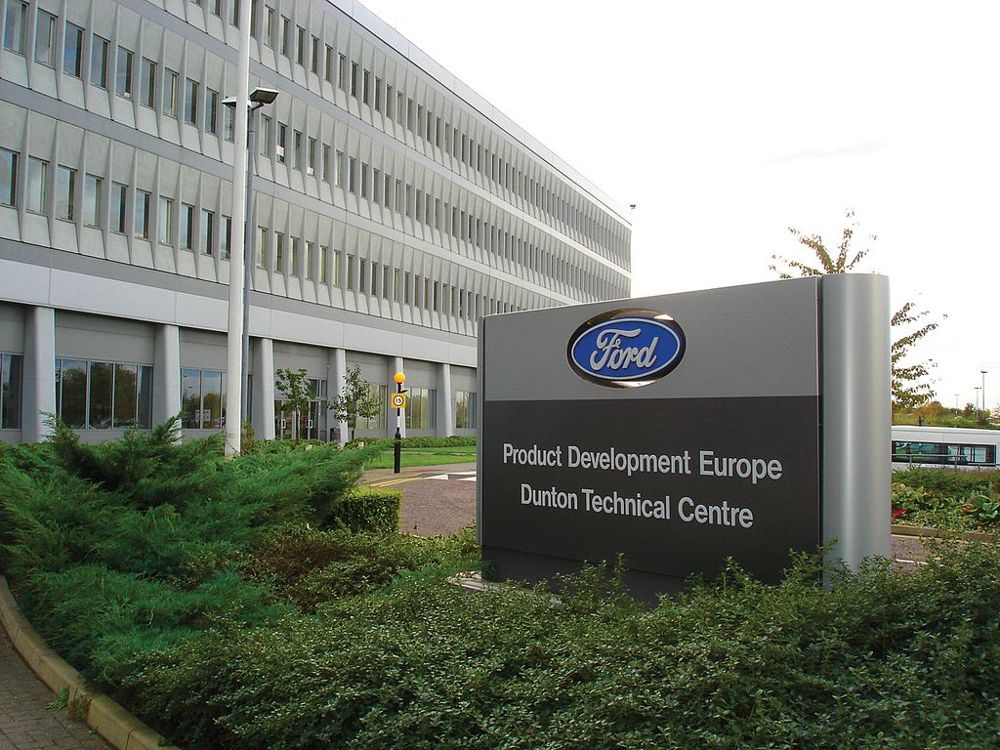Car manufacturer Ford is preparing to invest £230 million into its Halewood plant in Merseyside County as part of a drive to start making more electric car parts.
The investment will mean the factory will run for several more years and safeguard 500 jobs, said Stuart Rowley, president for Ford Europe.
There has been mounting speculation about the fate of the Halewood factory complex as Ford continues its move towards electrifying its vehicles and production methods.
The Ford Motor Company Halewood Transmission plant began as an automobile production complex in 1964 and oversaw the assembly of cars like the Ford Escort and Ford Capri.
The Government’s Automotive Transformation Fund (ATF) partially funds the investment into the Halewood plant and has been contributed as a significant factor for the factory’s redevelopment.
The ATF is a government project which aims to establish a competitive and more sustainable UK supply chain system within the automobile industry.
The scheme has a particular focus on encouraging electrification and renewable energy in the sector.
Ford president Stuart Rowley said the Government’s support was “a part of the decision” to invest in Halewood, “but not the only element”.
As part of the factory redevelopment, Ford’s Halewood plant is set to begin manufacturing electric power units to replace the engine and transmissions in petrol cars by 2024.
Ford has said it is committed to further development in the UK, but not all of the company’s locations have been as fortunate.
One of its largest engine plants in Bridgend closed in September last year due to a lack of economic sustainability, resulting in the loss of 1,700 jobs.
A Ford spokesman blamed changing customer demand and increased cost for the closure plans and denied that Brexit was a factor.
Ford’s president for Europe, Mr Rowley, said the plans for refitting the factory showed an enormous vote of faith in the workforce.
The redevelopment of the global automobile manufacturing industry is becoming a growing trend as more companies switch to green energy focused production methods.
Ford also recently announced an impressive £730 million investment in its vehicle assembly facility in Cologne, Germany, as well as an expansion of electric vehicle production at its Turkey and Romania locations.
Other car brands are making sure not to be left behind in the dash to electric, and brands such as Audi have also announced plans for more sustainable models and production methods.
In July this year, Nissan announced a significant expansion of electric vehicle production for its car plant in Sunderland, which will help to create 1,650 new jobs.
Audi stated they plan to invest around €10 billion into the future of electric mobility and aim to have 30 new electrified models available for consumers by 2025.
The company has also set goals to have all plants become carbon-neutral and aims to have all new car sales in the UK as electric vehicles only by 2030.


